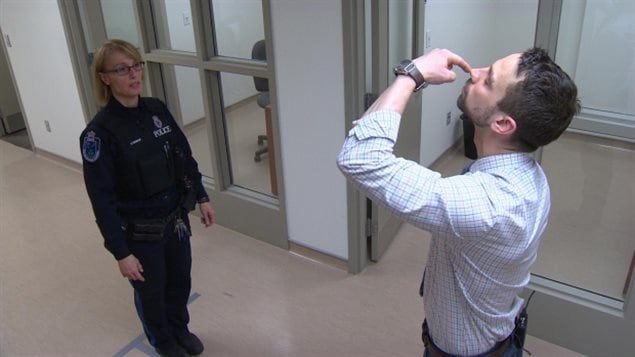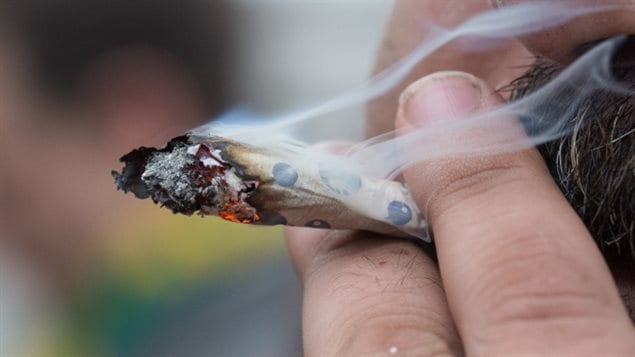There is much discussion about the coming legalisation of marijuana in Canada, expected in about a year.
Certainly some of that discussion involves levels of intoxication/impairment and driving.
THC is the active chemical in cannabis. The Canadian government is proposing limits of THC in blood levels similar to the concept of limits for blood alcohol content in current drinking and impaired driving laws.
Jonathan Zaid says that medical marijuana users may be unfairly treated under the proposed future laws. He is the executive director of Canadians for Fair Access to Medical Marijuana (CFAMM) is a federal non-profit organization medical cannabis patient rights group.
Listen
According to the CFAMM, there are currently some 170,000 Canadians who are legally authorised to possess and consume marijuana in order to cope with various medical conditions.
Zaid says he’s concerned that medical cannabis users may be unfairly caught up by any new law of marijuana impaired driving laws as being discussed in new legislation called Bill C-46.
Zaid said first of all, medical marijuana users have a different goal than recreational marijuana users. He says they use marijuana to treat symptoms, not to get high. In addition to intent, he says medical user’s tolerance and how effects are experienced differ from those of recreational users.

He also points out that medical users follow doctors advice to wait several hours after consuming marijuana before driving, as they would with certain other drugs, but that high levels of THC may remain for long periods in the body.
In addition he says the degree of impairment is difficult to determine merely by levels of THC in the blood, which he says has not proven to be a reliable test of impairment or comparable to that of blood alcohol testing.
Even devices to detect THC levels in blood and their testing results are not perfected.
Some medical marijuana users may have to consume cannabis every day and may have high levels of THC in their blood, but still not be “impaired’.

According to Zaid, effects are also highly variable person to person even with a similar amount of THC in the body.
Zaid takes pains to clarify that the CFAMM in no way condones impaired driving of any sort, but that “failing to consider medical users as a distinct group in developing policy may lead to the unfair criminalisation of this population or prejudicial restrictions on driving”.
The CFAMM full report of medical marijuana use, driving, and proposed impairment laws is due out later this year.







For reasons beyond our control, and for an undetermined period of time, our comment section is now closed. However, our social networks remain open to your contributions.